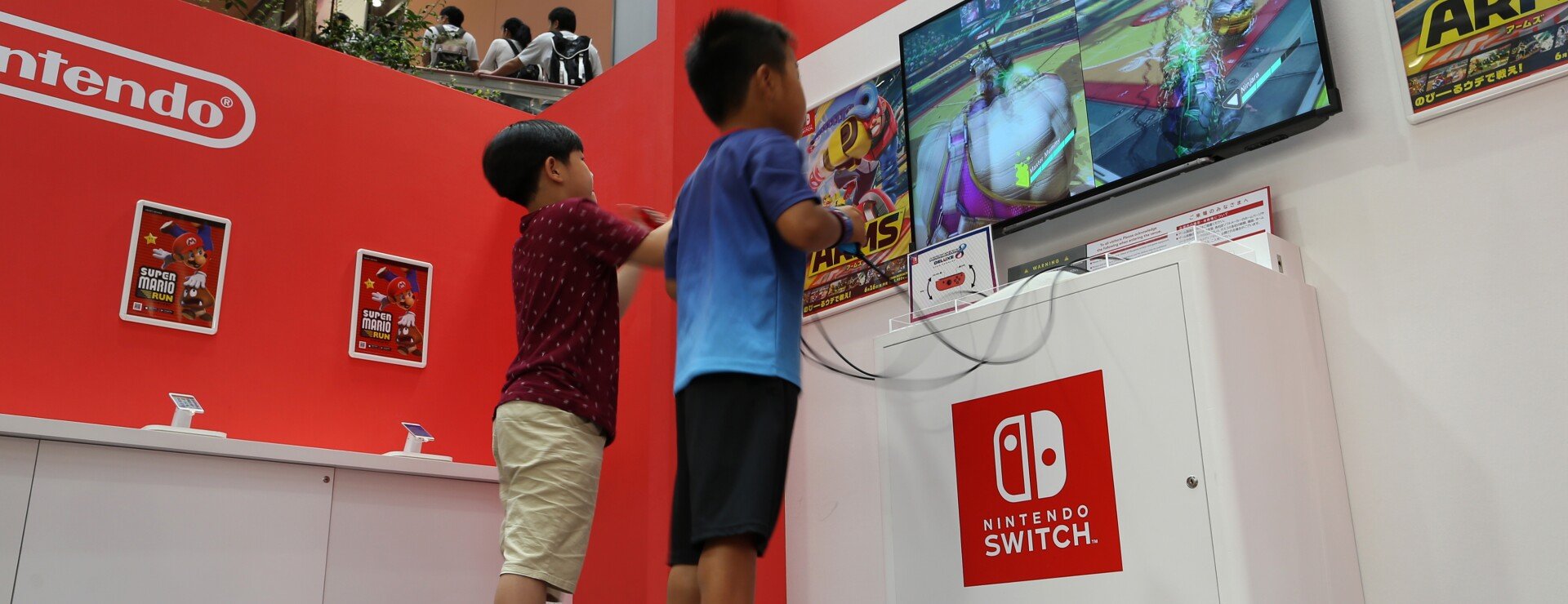https://twitter.com/stephentotilo/status/1762576284817768457/
"NEW: Nintendo is suing the creators of popular Switch emulator Yuzu, saying their tech illegally circumvents Nintendo’s software encryption and facilitates piracy. Seeks damages for alleged violations and a shutdown of the emulator.
Notes 1 million copies of Tears of the Kingdom downloaded prior to game’s release; says Yuzu’s Patreon support doubled during that time. Basically arguing that that is proof that Yuzu’s business model helps piracy flourish."



That’s not how the DMCA works, or tons of other software would be illegal. It’s illegal to circumvent copy protection under the DMCA (something I wholeheartedly disagree with), but it’s not illegal to make something that can be used to circumvent copy protection.
In fact, there are exemptions to that provision and one of them states that circumventing copy protection in order to play a video game using assistive technologies is legal.
It is explicitly illegal to produce any thing whose purpose it is to circumvent DRM:
I’m telling you, that law is mental.
Could you point that specific exception in the law? I can’t find it.
Link for convenience: https://www.govinfo.gov/content/pkg/PLAW-105publ304/pdf/PLAW-105publ304.pdf
The exceptions are handled by the Library of Congress and go through a renewal process every three years. Here’s the one from 2021:
https://www.govinfo.gov/content/pkg/FR-2021-10-28/pdf/2021-23311.pdf
The accessibility use exception is on the last page, middle of the page, paragraph labeled 21.
It’s illegal to make something that’s sole purpose is to circumvent copyright. Yuzu does not have that sole purpose, and doesn’t include the code necessary (prod.keys) to even accomplish it.
The actual text for reference:
That explicitly only applies to physically disabled people. Yuzu is not specifically targetted at providing a different input method (at all) and certainly not solely for the physically disabled.
That exception is not relevant to this case.
I didn’t say it was. I used it as an example of when circumventing copy protection is allowed under the DMCA.